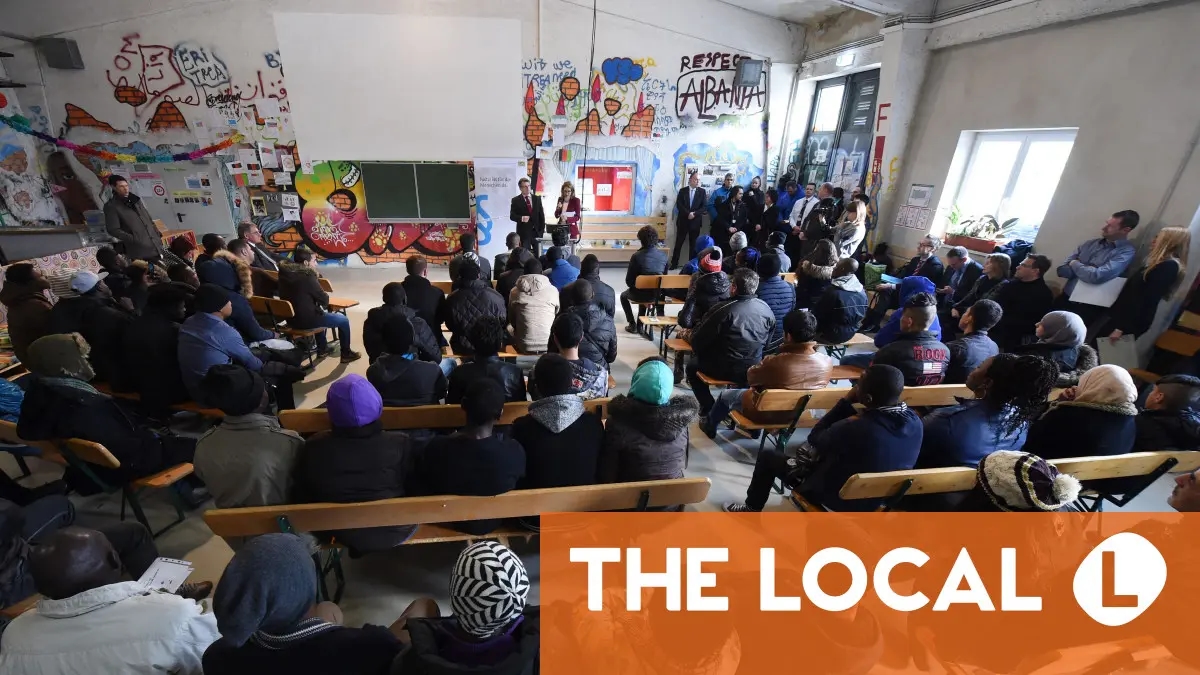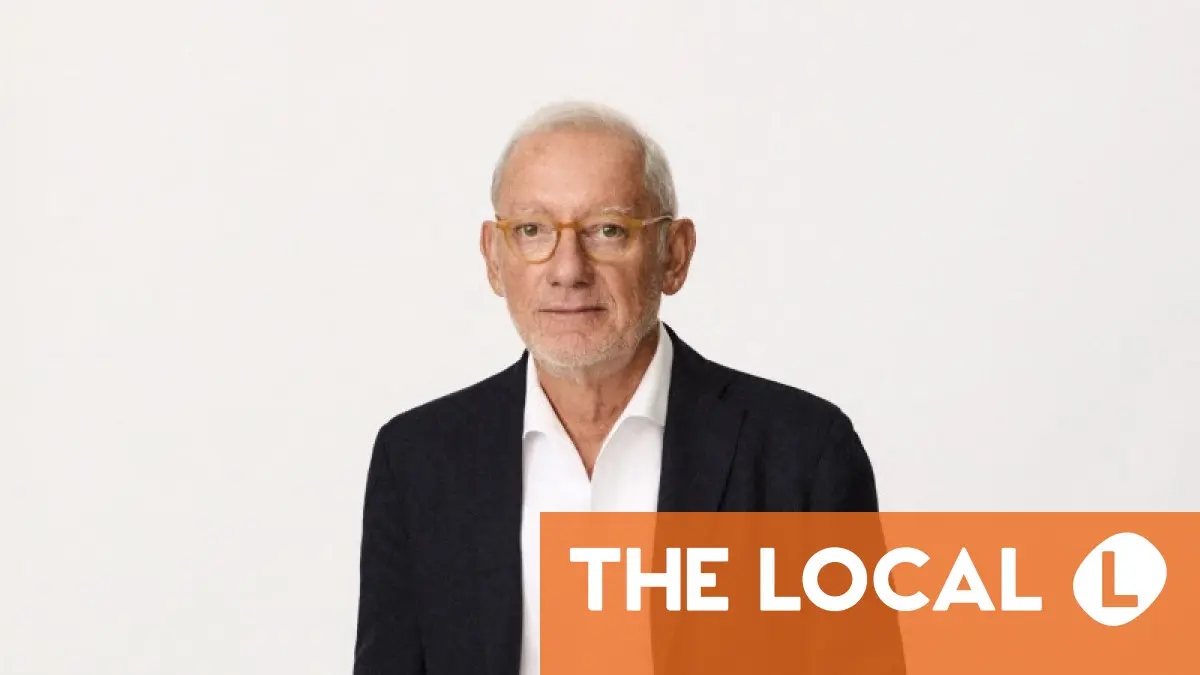The prosecutor in the Montoro case defends the Mossos d'Esquadra investigation.

The Anti-Corruption Prosecutor's Office has defended the Mossos d'Esquadra (Spanish police) investigation into an alleged corruption scheme within the Ministry of Finance during the era of Cristóbal Montoro to approve ad hoc legislative reforms. A "chance discovery" that emerged during a 2018 search of a gas company under investigation for fraud triggered the launch of a new investigation that has ended up implicating the entire former Treasury leadership. The email in question was from a corporate account belonging to the technical director of the company Messer Ibérica, stating that "the direct route is to pay the Economic Team (EE), which has direct contact with the minister," in an attempt to achieve a legislative amendment.
EE was the firm Montoro originally founded when he left politics following José María Aznar's presidency. When he returned to politics, he left the firm, but his partners remained. In fact, the investigation reveals connections between EE and the ministry itself, where Montoro brought Felipe Martínez Rico, the brother of the firm's CEO, as his chief of staff.
The Anti-Corruption Office accuses the defense of trying to "confuse" the Tarragona Court.In a document obtained by La Vanguardia , Anti-Corruption Prosecutor Carmen García Cerdá opposes the attempt by the defendants' defense attorneys to dismiss the entire case because, according to the attorneys, the Mossos d'Esquadra acted irregularly. One of the defense attorneys' arguments is that investigators overstepped their bounds when they informed the judge of a "chance discovery" in the search of the Messer company, which led to the launch of a parallel investigation that ended with the indictment of former Finance Minister Cristóbal Montoro, a large part of the ministry's top leadership, and those responsible for the EE.
The defense is requesting the annulment of the entire case because, in their opinion, the Mossos d'Esquadra police report "did not simply report the accidental discovery of the emails, but rather analyzed their content, conducting a police investigation into the new incident and formulating its own conclusions."
That is, according to the defense attorneys, the regional police should have simply forwarded the email in question to investigating judge number 2 in Tarragona, and let him decide whether to open a case and new proceedings or simply ignore it and not initiate his own investigation.
Read alsoProsecutor Carmen García Cerdá opposes this approach, which seeks to declare the entire case null and void and close it. In a written statement, she emphasizes that "a reading of the police communication about the chance discovery shows that the appellant confuses the investigation into the facts with simple police actions aimed at ascertaining whether certain evidence gathered in another case, which presents grounds for a crime, exceeds the requirement of not being a mere unfounded suspicion."
García Cerda defends the Mossos d'Esquadra (Catalan police), the judge, and the investigation, accusing the defendants' lawyers of attempting to "create confusion" among the Tarragona Provincial Court, which must rule on both this appeal for annulment and the appeal filed against the seven years the case has been kept secret and against the jurisdiction of the Tarragona court, in response to the request that this matter be referred to the Madrid courts.
He also criticized the attempt to confuse the court by arguing that the officers who carried out the search of Messer should have requested another authorization to retrieve the email that initiated the case against Montoro.
Last trial of the Gürtel caseThe National Court begins its final trial next Monday in the corruption scandal surrounding the People's Party (PP), known as the Gürtel case. Seventeen years after the investigation began, only one of the thirteen trials remains to be held. So far, there have been three convictions against the PP, two acquittals of former Valencian President Francisco Camps, a prison sentence for a treasurer, and witness statements from former presidents José María Aznar and Mariano Rajoy. In one of the trials, the National Court confirmed that the PP had a secret slush fund parallel to the official accounts. For this plot, as previously reported, Luis Bárcenas, the former party treasurer under Aznar and Rajoy, was also convicted and imprisoned. The ringleader of the plot, Francisco Correa, and his deputy, Pablo Crespo, have accumulated several convictions. Ahead of this latest trial, which revolves around money laundering and tax crimes, they have reached an agreement with the Anti-Corruption Prosecutor's Office to reduce their sentences. After years in prison, the situation of the main convicts has been eased and they are now enjoying the third degree.
The prosecutor clarifies that the email was read during the analysis of the entry information, and not during its seizure. "The appeal not only confuses the moment at which evidence of the commission of new criminal acts appears, which, as we have repeatedly explained, has been when the evidence seized during the searches was analyzed, and not at the time of the search itself (...) How can a court ruling authorize the entry and search measure after it has taken place?" argues the Anti-Corruption representative.
In her ruling, García Cerdá insists that the Mossos d'Esquadra, acting as judicial police in these proceedings, "presented the investigating judge with a report requesting the measures they considered essential to clarify the new facts and their participants. No investigation has been conducted in parallel. Each case has had and has its own timing and outcome," she maintains. The prosecutor adds that Supreme Court doctrine establishes that, if the entry into the home was legitimate, all evidence found during the search constitutes flagrant crimes, in which the police have an obligation to act.
lavanguardia




